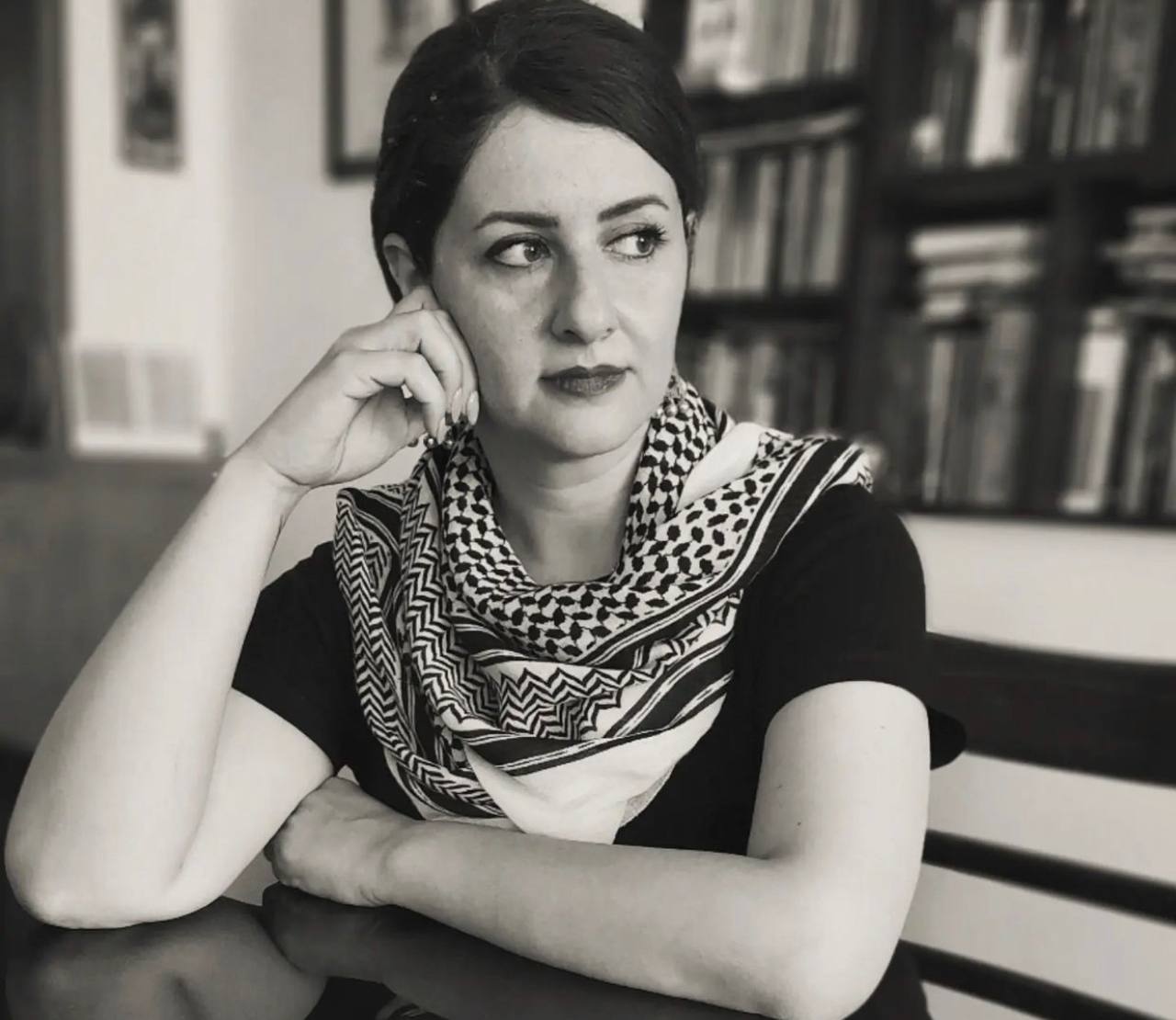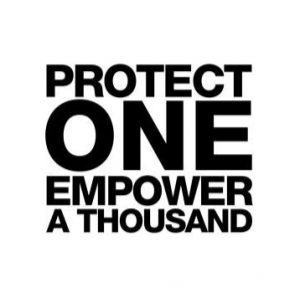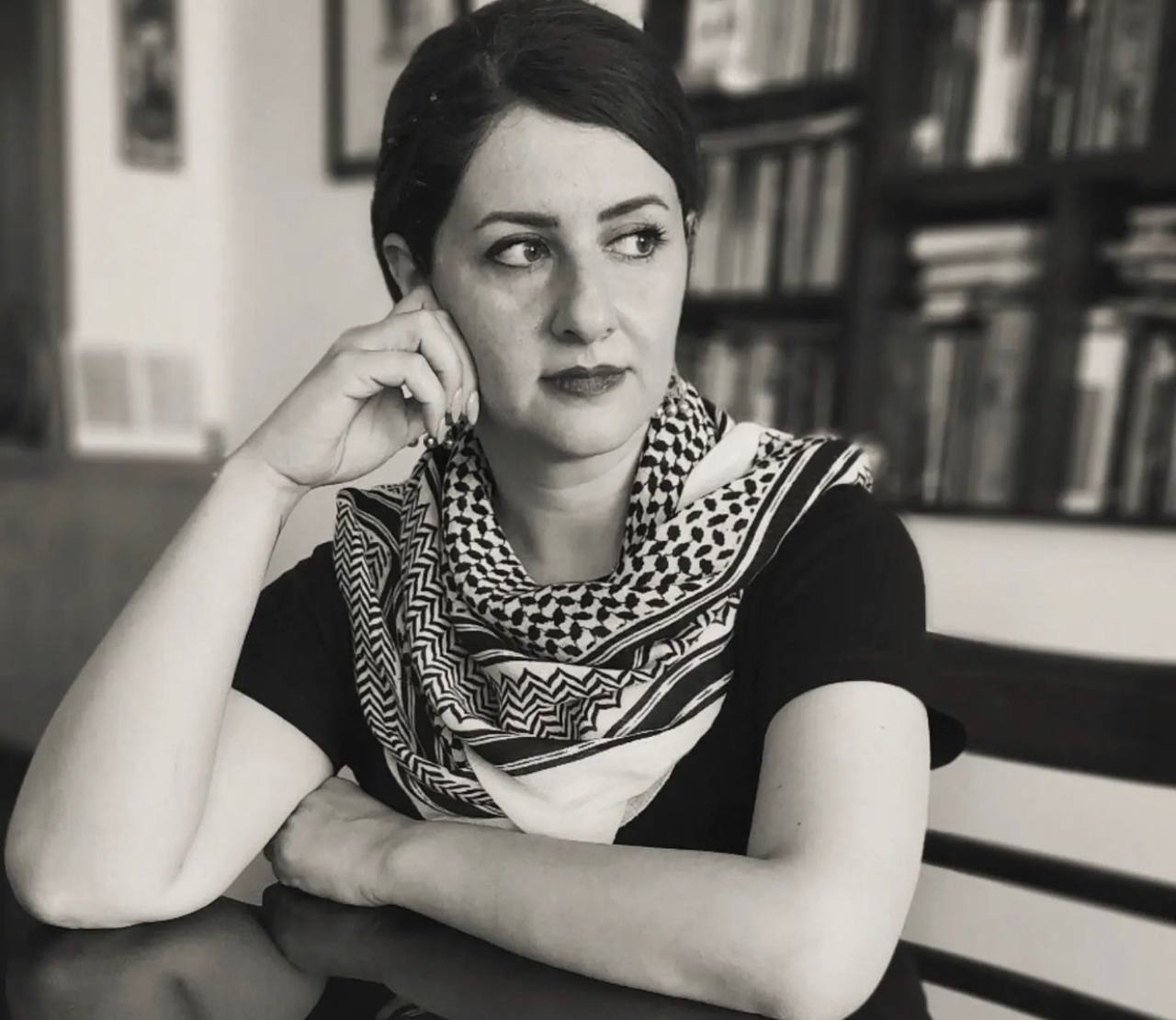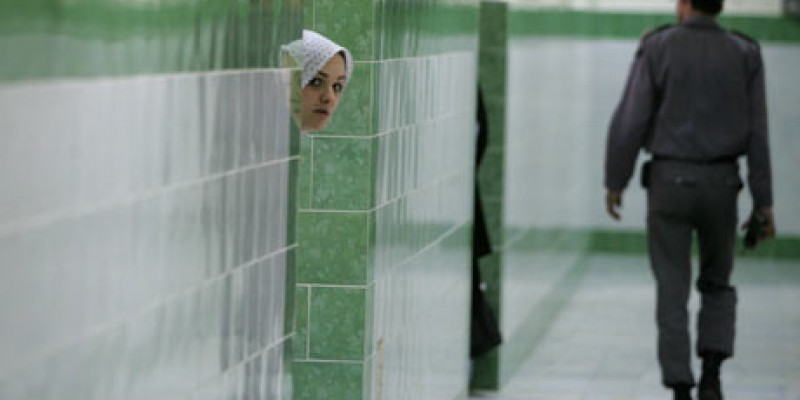Hope for political reform in Iran surfaced when President Hassan Rouhani assumed office in 2013 and dozens of opposition political figures and human rights defenders were released. However, violations of the rights to freedom of expression, association, peaceful assembly and movement of HRDs continue to be prevalent.
Human rights defenders and journalists are arrested, detained and prosecuted in unfair trials. HRDs continue to receive death threats and are subjected to harassment, arbitrary arrest and detention. They are refused bail or receive extreme bail conditions. HRDs are additionally subjected to systematic surveillance and their family members are targeted. Journalists have been subjected to flogging for criticising the government.
Judicial harassment is one of the most common tactic used to silence HRDs and independent voices. Vaguely-worded charges of “acting against national security", “propaganda against the regime” or “enmity against God” are often used. Many are convicted in the absence of their lawyers, on the basis of "confessions" extracted under torture. In a number of cases the targeting of HRDs is ostensibly linked to their actual or perceived religious affiliation.
Detained HRDs are ill-treated, subjected to solitary confinement, denied adequate medical treatment and visits by family members, and forced to confess their alleged crimes under duress.





